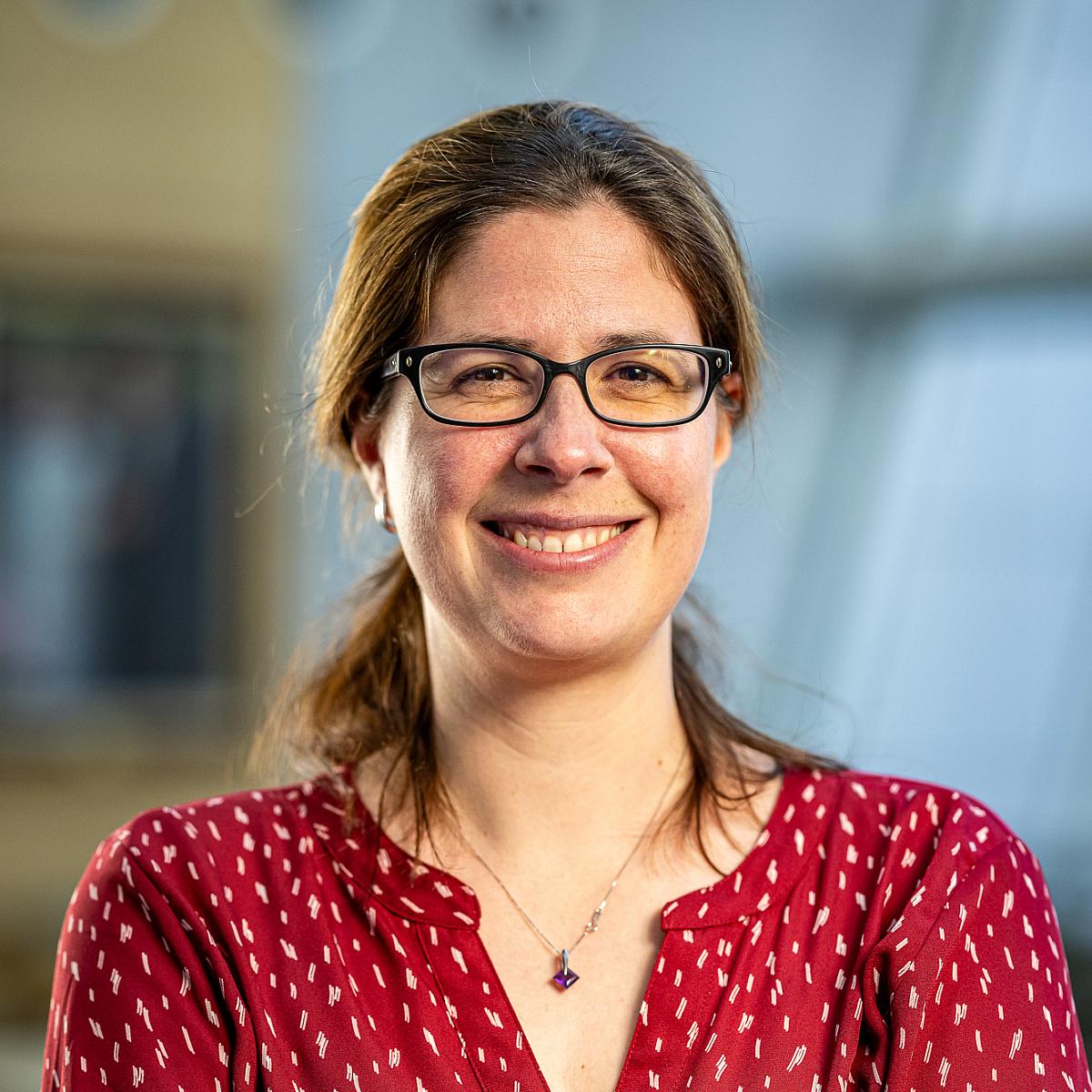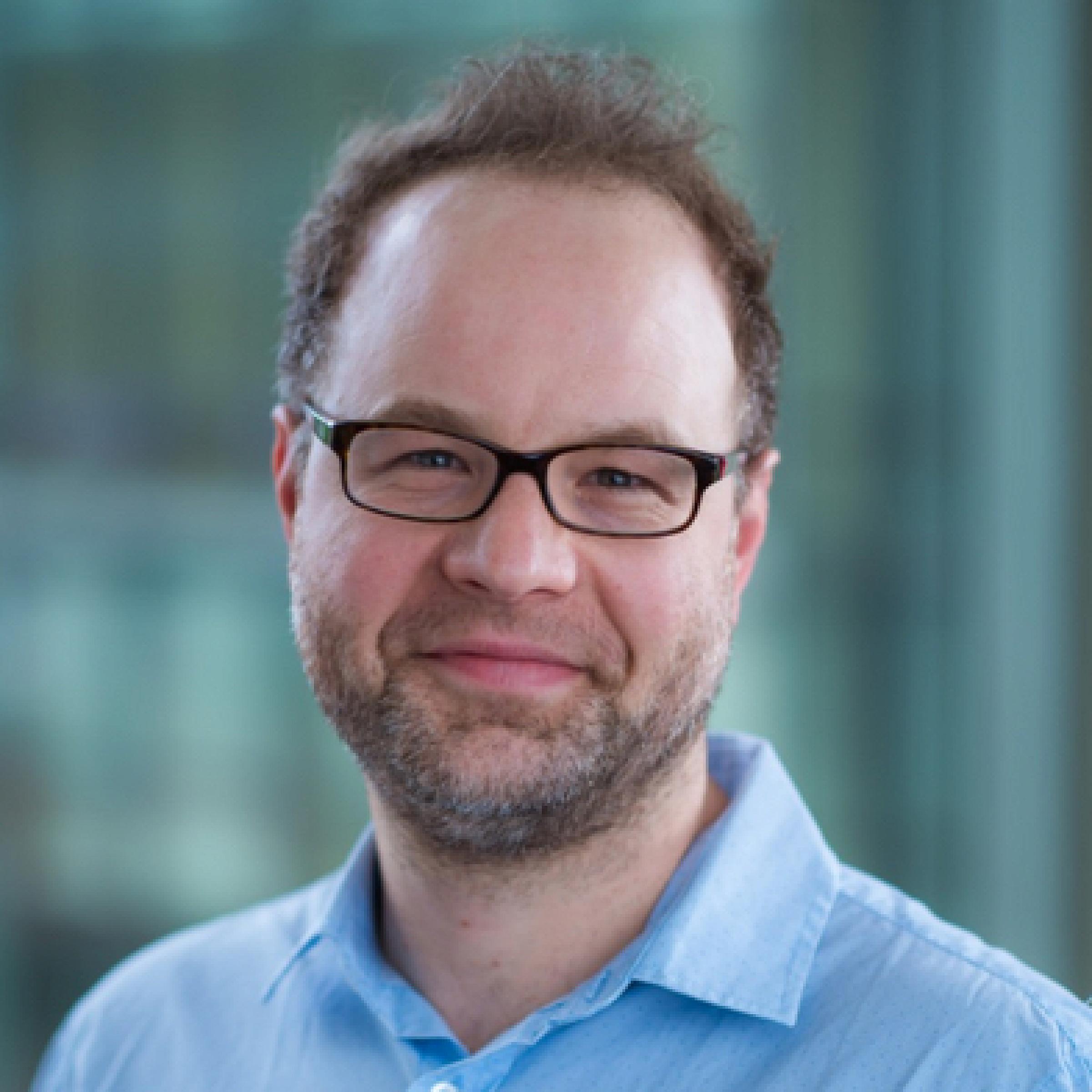
Philanthropic Partners Group
Ambitious Philanthropists Accelerating Research and Igniting Innovation
The University of Utah Health Philanthropic Partners, a group comprised of ambitious philanthropists who wish to accelerate research at University of Utah Health, have been formed to ignite innovation in today’s challenging funding climate. Strategically targeting vital areas of need with pooled resources and motivated by the pursuit of discovery, the Philanthropic Partners will propel a straightforward idea that forms the bedrock of exceptional achievement: empowering the most brilliant minds to push the boundaries of their abilities and venture into uncharted territories will pave the way for a brighter and more promising tomorrow.

Rachel Hess, MD, MS
Dr. Rachel Hess founded the Philanthropic Partners Group to catalyze breakthroughs and accelerate health sciences research. As the Health Sciences AVP for Research, Dr. Hess plays a pivotal role in shaping the research landscape at the University of Utah Health. Dr. Hess is a distinguished physician, researcher, and visionary leader. Knowing that breakthroughs often emerge at the intersection of diverse expertise, she fosters a collaborative environment and encourages innovative thinking and calculated risk-taking.

Mario Capecchi, PhD
Dr. Mario Capecchi serves as a Scientific Advisor to the Philanthropic Partners Group. Dr. Capecchi’s revolutionary research involving creating knockout mice, where specific genes could be turned off led to him receiving the Nobel Prize in Physiology or Medicine in 2007. Dr. Capecchi brings unparalleled insights into cutting-edge research and scientific advancements. His strategic guidance can help the group identify high-impact areas for philanthropic investments.
The Philanthropic Partners invite proposals from researchers with inventive and innovative ideas who are seeking seed funding to accelerate breakthroughs and test new ideas that are not yet viable for traditional funding mechanisms. The goal of this initiative is to ignite high-risk, potentially high-reward research programs that address critical societal issues and foster innovation, discovery, and collaboration.
Philanthropic Partners offer insights and perspectives from varied backgrounds including business, law, engineering, marketing, and more. While our partners come from unique backgrounds, the groups' collective excitement for igniting discovery, innovation, and curiosity in health sciences through philanthropy unite them into a powerful, action-oriented group of change makers.
The Philanthropic Partners Group meets twice a year, once to hear presentations from researchers seeking seed funding and once to receive updates from funded research projects.
Interested in joining the Philanthropic Partners Group?
Contact: Emily Blake
Director of Advancement, AVP for Research Office
emily.blake@utah.edu
(208) 447-9379
Funded Projects

Hilgendorf is researching why obesity raises the risk of breast cancer. Her early findings indicate that lean fat cells—which contain a type of fatty acid found more often in breast tissue of non-obese individuals—slow tumor growth in mice. This project will test whether the fatty acid can also inhibit growth of breast cancer cells from patients. The finding could one day lead to new approaches for preventing and treating breast cancer.

To relieve pressure from the brain after a traumatic brain injury, neurosurgeons use a device called an external ventricular drain (EVD). When this procedure is done at the bedside, it is often done imprecisely without the use of any navigation, putting the patient at risk for further injury. A team led by Rahimpour seeks to improve this procedure by developing a device that uses ultrasound technology and advanced 3D imaging to give a real-time view of the brain as the drain is inserted. The advance aims to make these procedures faster, safer, and more precise with potential application in other critical procedures such as brain biopsies and heart surgeries.

A major challenge in genomic medicine is determining which of the millions of changes—or variants—in our DNA code lead to disease. Missense variants change how proteins are made, potentially affecting their ability to work together with other proteins to carry out important functions in our body’s cells. However, 98% of missense variants have not yet been classified as harmful or benign, hindering disease diagnosis. Using an advanced AI tool called AlphaFold, Bosch and team will predict the impact of missense variants on hormone-receptor interactions, which play critical roles in conditions like diabetes and obesity. The new data could improve disease diagnosis and lead to new therapeutics.